Plant Breeding Research Programs
NC State University's plant breeding research is dedicated to addressing various challenges that affect agriculture, including sustainability, pest and disease management, drought and climate tolerance, and supply chain issues. By leveraging cutting-edge technologies and scientific methods, NC State is revolutionizing agriculture from seed to table, transforming the way we grow, process, and consume food at all levels.
Browse research programs
Blueberries
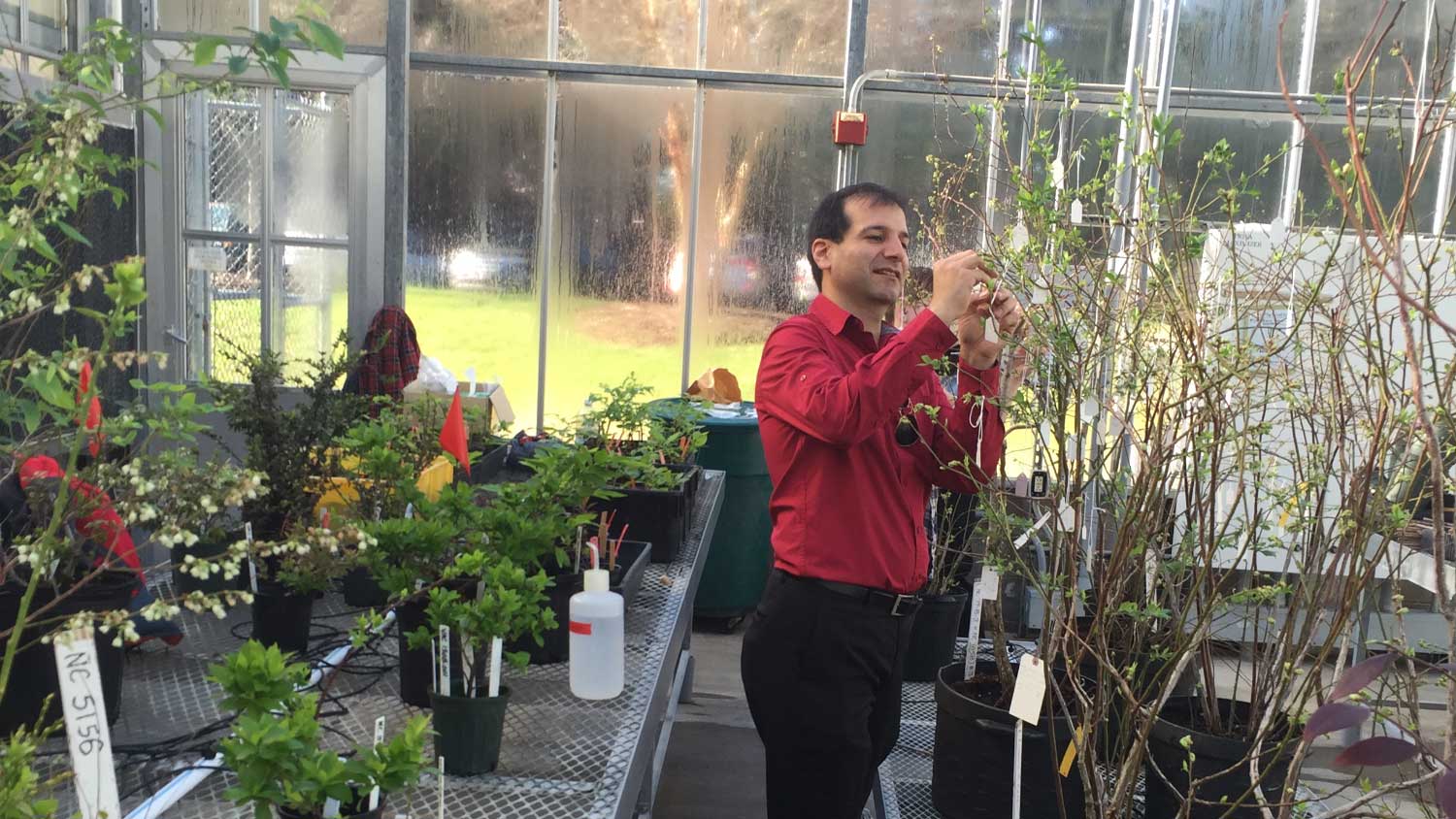
Our group is a multidisciplinary research group interested in genetics, genomics, and the breeding of blueberry. We integrate principles of traditional plant breeding, modern plant breeding, comparative genomics, quantitative genetics and apply genomics and bioinformatics science to identify molecular bases underlying complex traits in cultivated and wild blueberries. We are using the latest sequencing technologies to sequence genome and transcriptome sequences of various Vaccinium species.
Christmas Trees
The Christmas Tree Genetics Program at NC State is dedicated to driving the progress of North Carolina’s Christmas tree industry by tackling grower challenges and concerns through the application of genetic, genomic, and molecular biology principles. With the retail value of Christmas trees in the United States exceeding $2.5 billion, the surge in consumer interest for real Christmas trees has firmly established them as a vital agricultural commodity. North Carolina, responsible for supplying approximately 20% of the nation’s real Christmas trees yearly, drives an approximately $125-250 million industry in Fraser fir Christmas tree production.
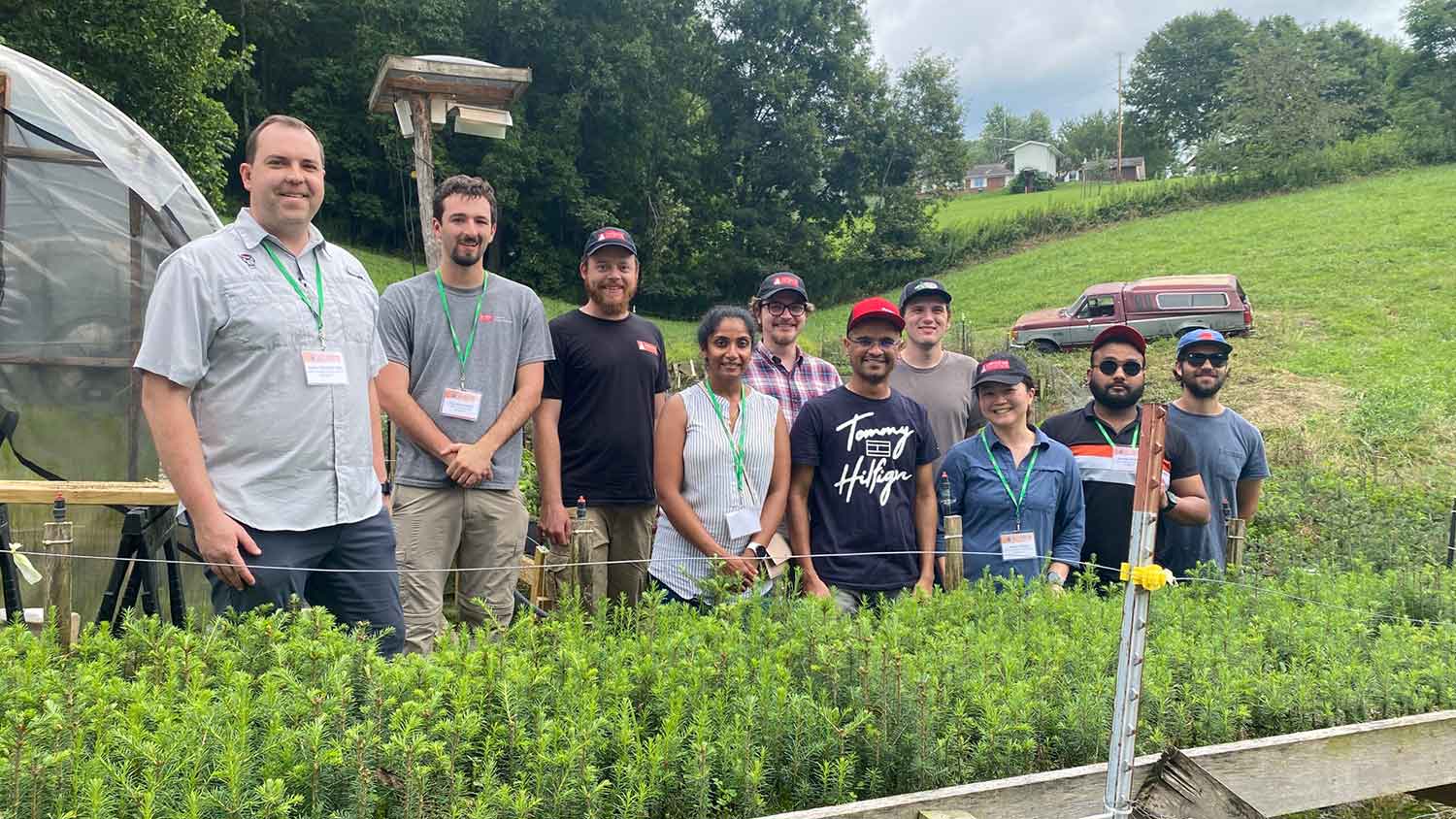
Cotton

Functional genomics will be used to identify points of control of current and future fiber quality traits as well as using cotton fiber as a model for improvement of cellulose synthesis in biomass crops.
Cucurbits
Cucurbit breeding focuses on the collection and evaluation of germplasm, qualitative genetics of important traits, quantitative genetics, selection methods, yield improvement, induced mutation, and resistance to cold, insects, and disease.
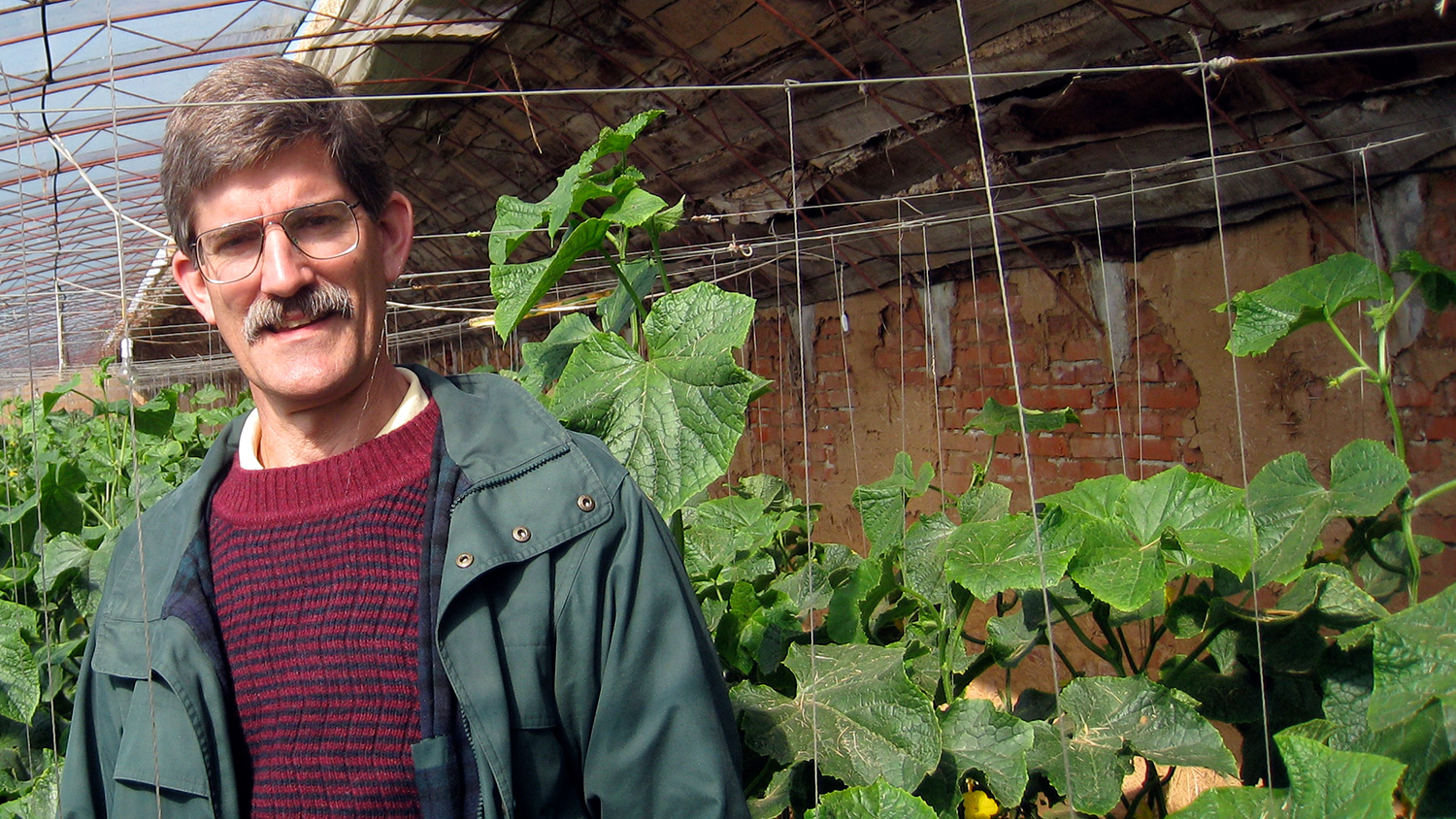
Forest Trees
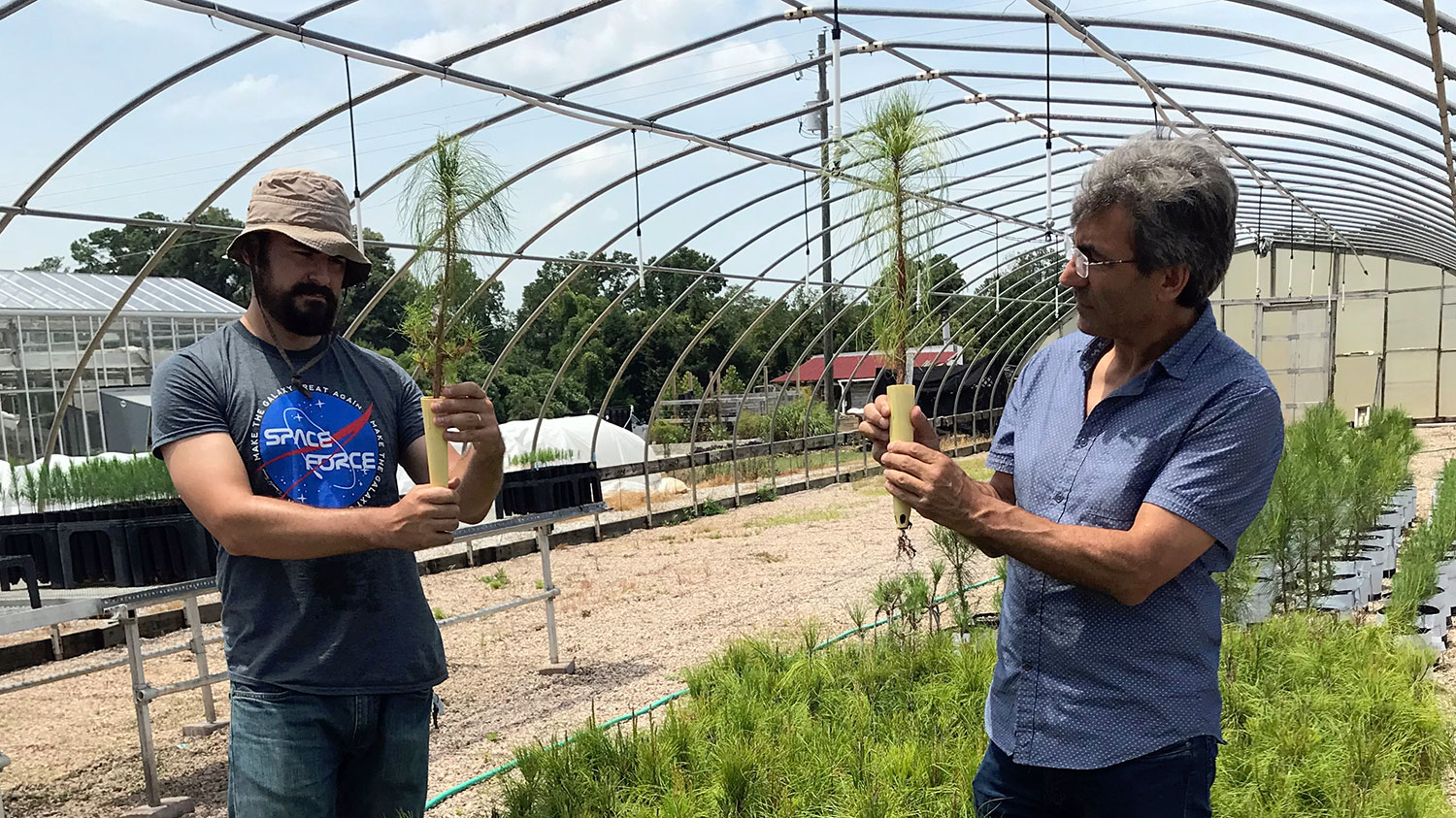
The Cooperative Tree Improvement Program is one of the largest and most successful tree breeding programs in the world. The program develops loblolly pine varieties selected for stem height and yield of wood per acre for the pulp and paper industry. Members of the Tree Improvement Program have exclusive access to the best varieties from field trials to plant in their orchards, produce seeds, and sell seedlings.
Maize
NC State conducts cooperative research with the USDA-ARS on breeding, germplasms, and genetics to diversify the genetic base of field corn in the US. We work on: studying biodiversity and relationships of maize landraces in the Americas, developing unique lines from tropical maize crossed with elite commercial lines; determining the genetic and biochemical mechanisms of environmental adaptation and disease resistance; studying gametophytic cross-incompatibility factors; and improving selected heirloom varieties for niche markets.
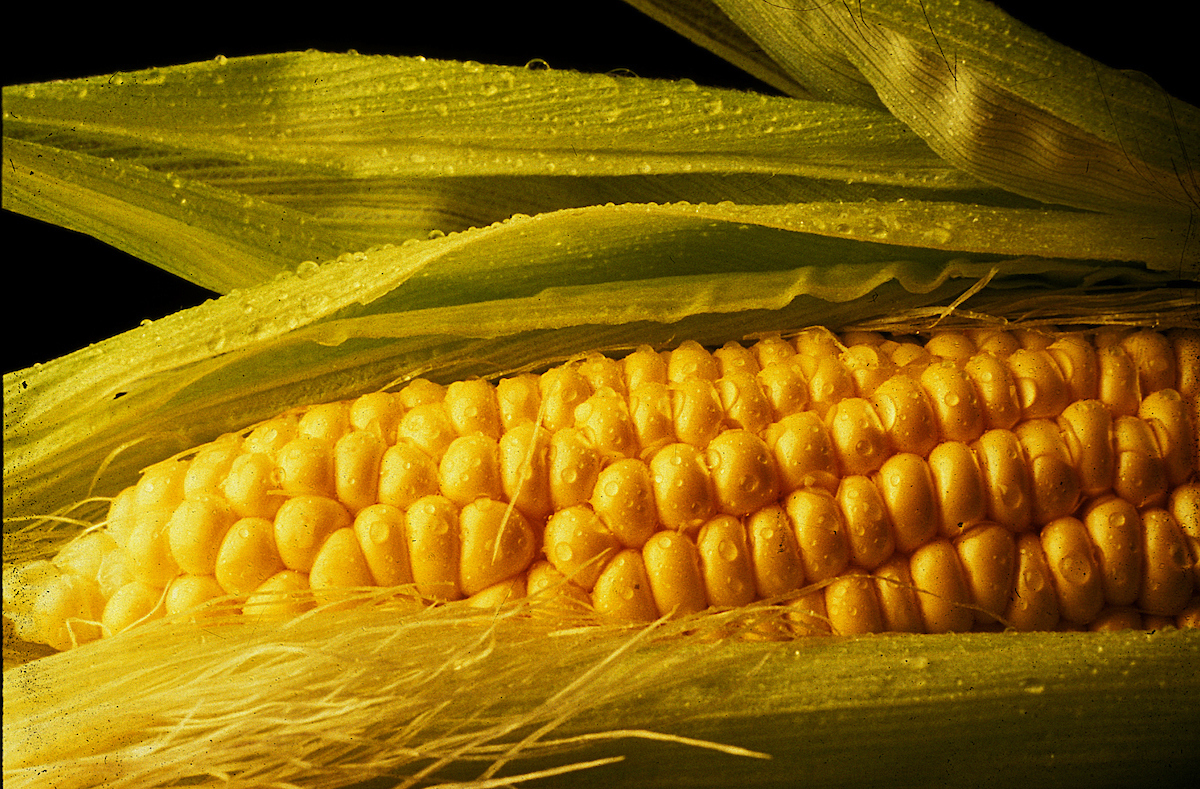
Ornamentals
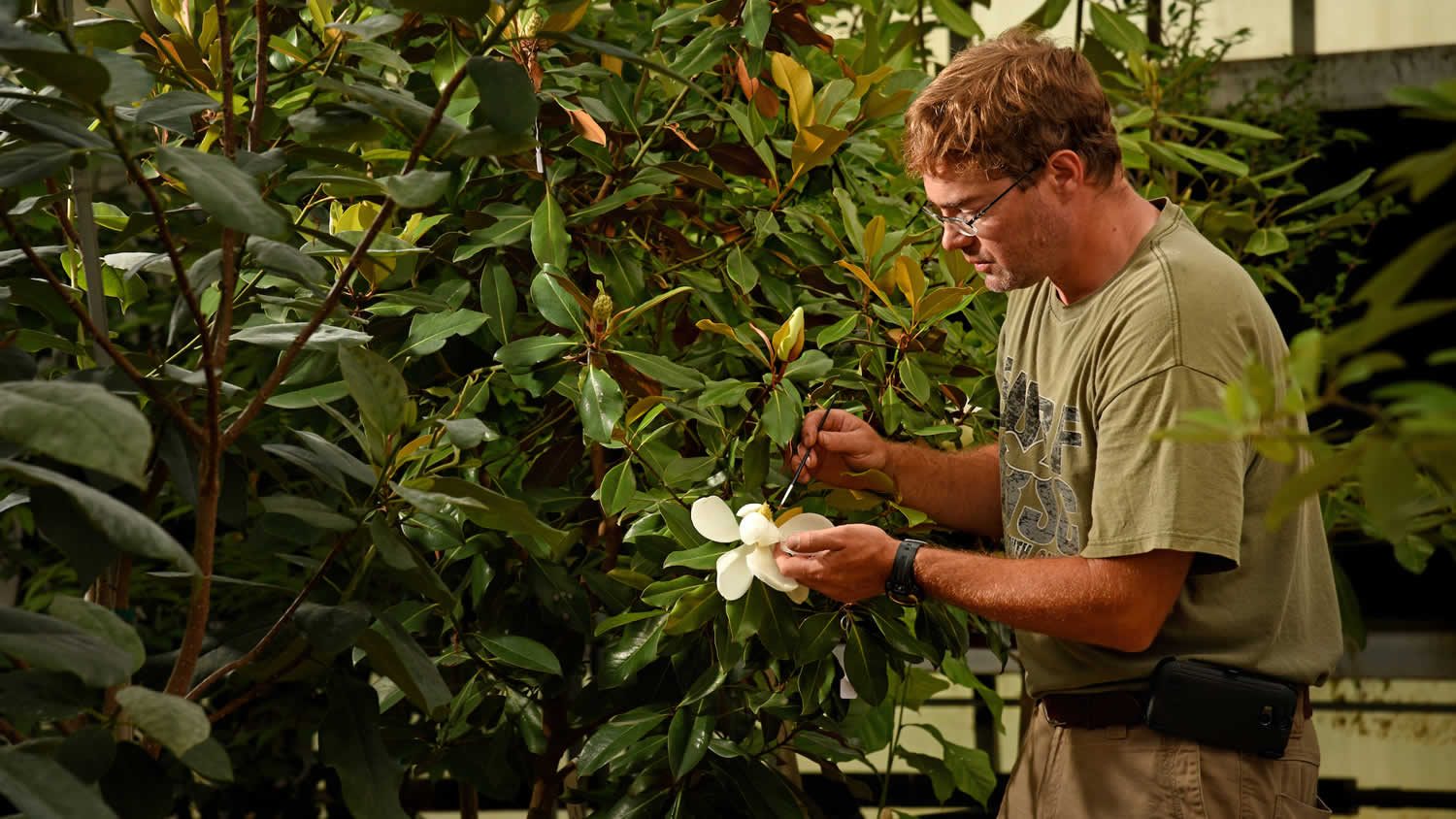
Nursery and Landscape plants developed by plant breeders in Horticultural Science have contributed almost $400 million in retail value to the largest crop commodity in the state. These improved crops contribute to economic development (superior products, enhanced profitability, competitive advantages), environmental stewardship and sustainability (reducing pesticide needs, greening and cooling urban environments, preventing invasiveness, reducing runoff), and local food supply (edible landscaping and foodscaping.
Peanuts
The NC State University peanut breeding and genetics program continues to develop cultivars that are extensively grown in the Virginia-Carolina (VC) region. Estimates of certified seed production (2015-2019) indicate NC State releases have grown on 13%, 82% and 91% of the total peanut acreage in the US, the VC region, and North Carolina, respectively. These cultivars, based on plant variety protection and exclusive licensing rights, generate between $0.5-1M in royalties annually.
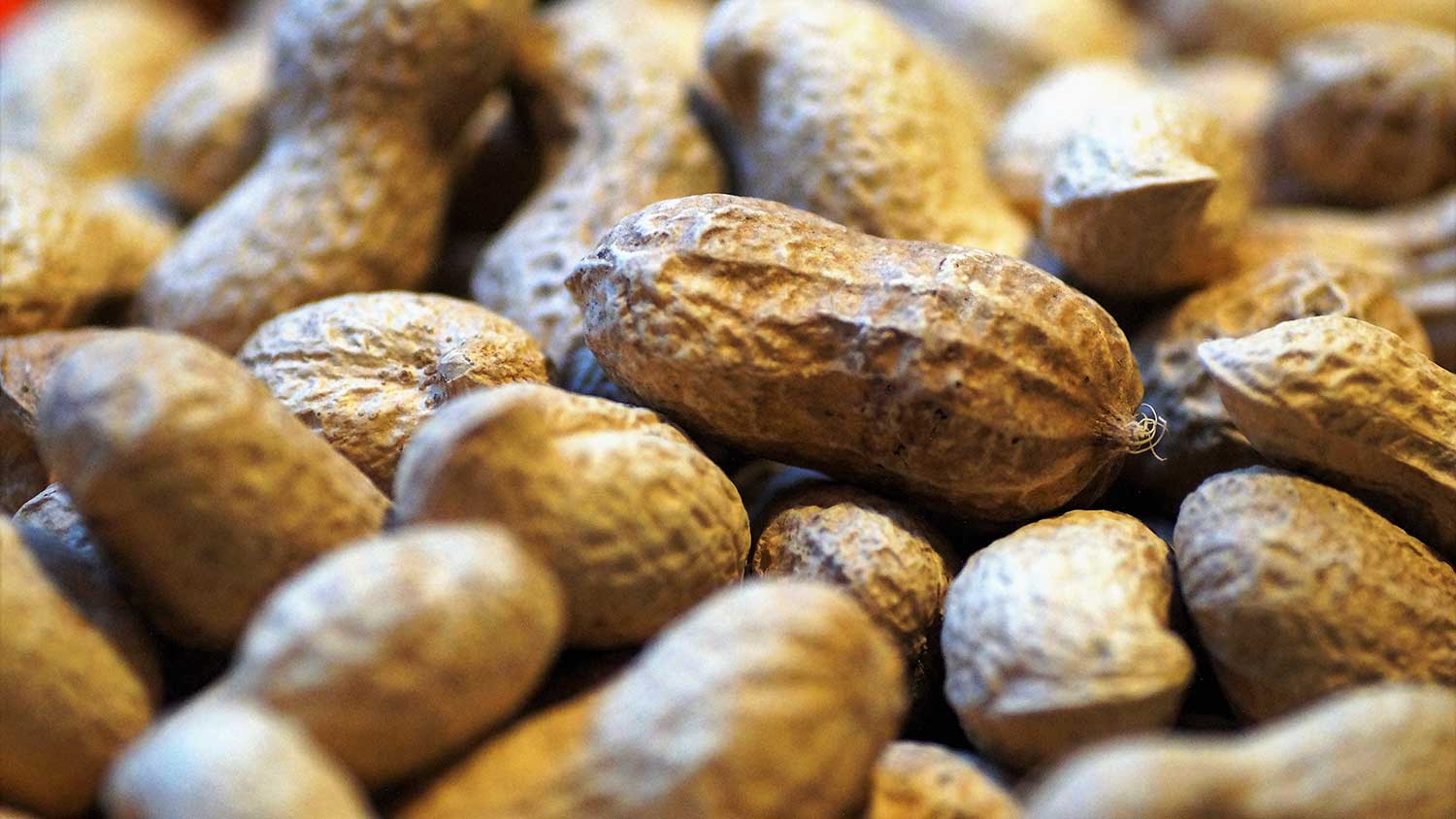
Small Fruits
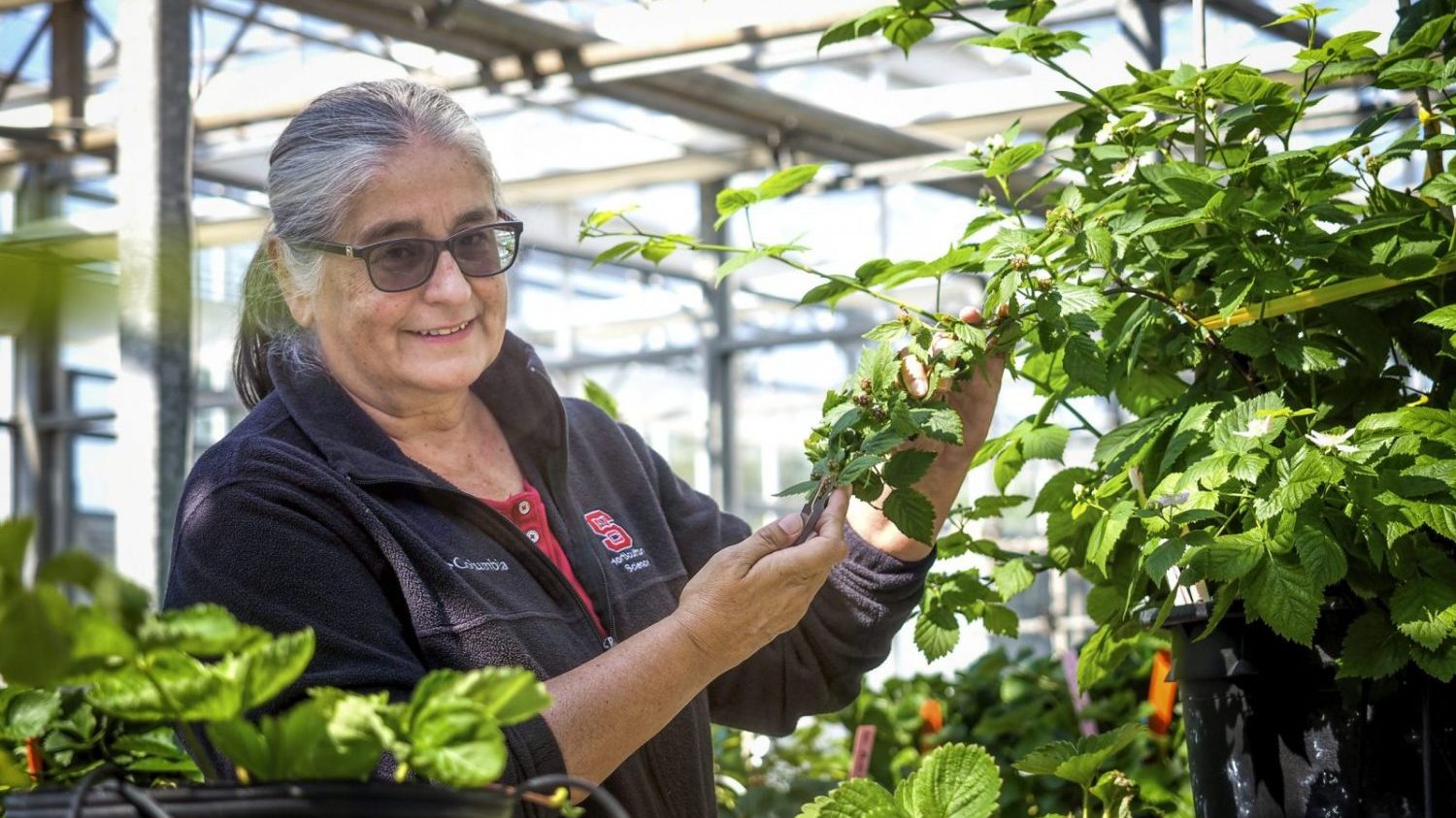
Dr. Fernandez leads the strawberry and caneberry breeding programs. She is responsible for the development of new strawberry, raspberry and blackberry cultivars adapted to North Carolina. Dr. Fernandez collaborates with Dr. Penny Perkins-Veazie to evaluate postharvest attributes and levels of bioactive compounds in strawberry and caneberry fruit. In collaboration with Dr. Hudson Ashrafi, they have identified genes that are differentially expressed in blackberry fruit with white drupelet disorder.
Sweetpotatoes and Potatoes
The Potato and Sweetpotato breeding efforts are best characterized as applied breeding programs. Our goal is to develop improved potato and sweetpotato varieties adapted for use in North Carolina and the Southeastern US. To achieve this goal, we utilize a combination of classical and modern breeding techniques. Research interests include: Plant Breeding; Plant Resistance to Insects and Pathogens; Application of Molecular Biology and Plant Biochemistry to Plant Breeding; Integrated Pest Management; and International Agriculture.
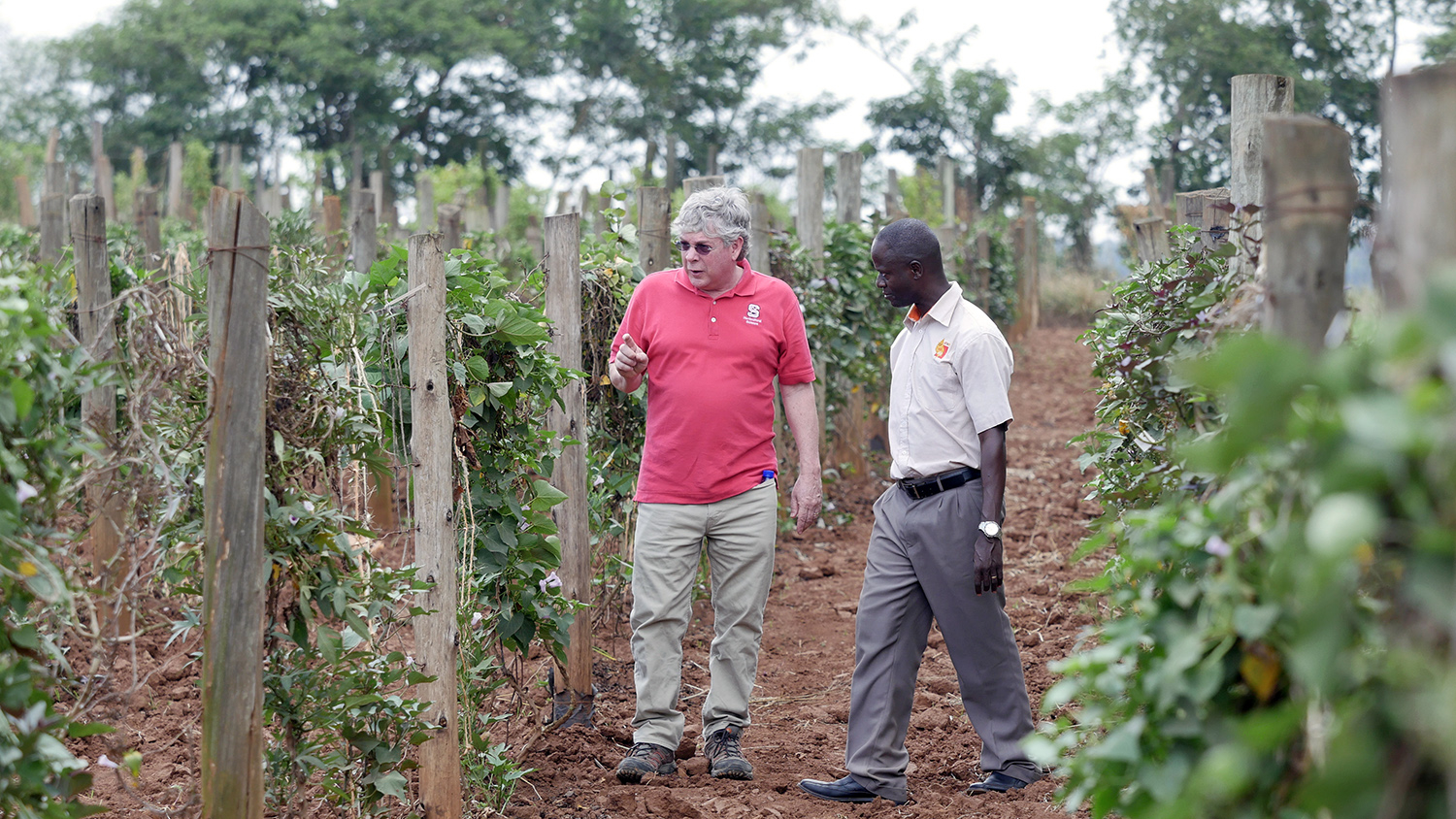
Tomatoes
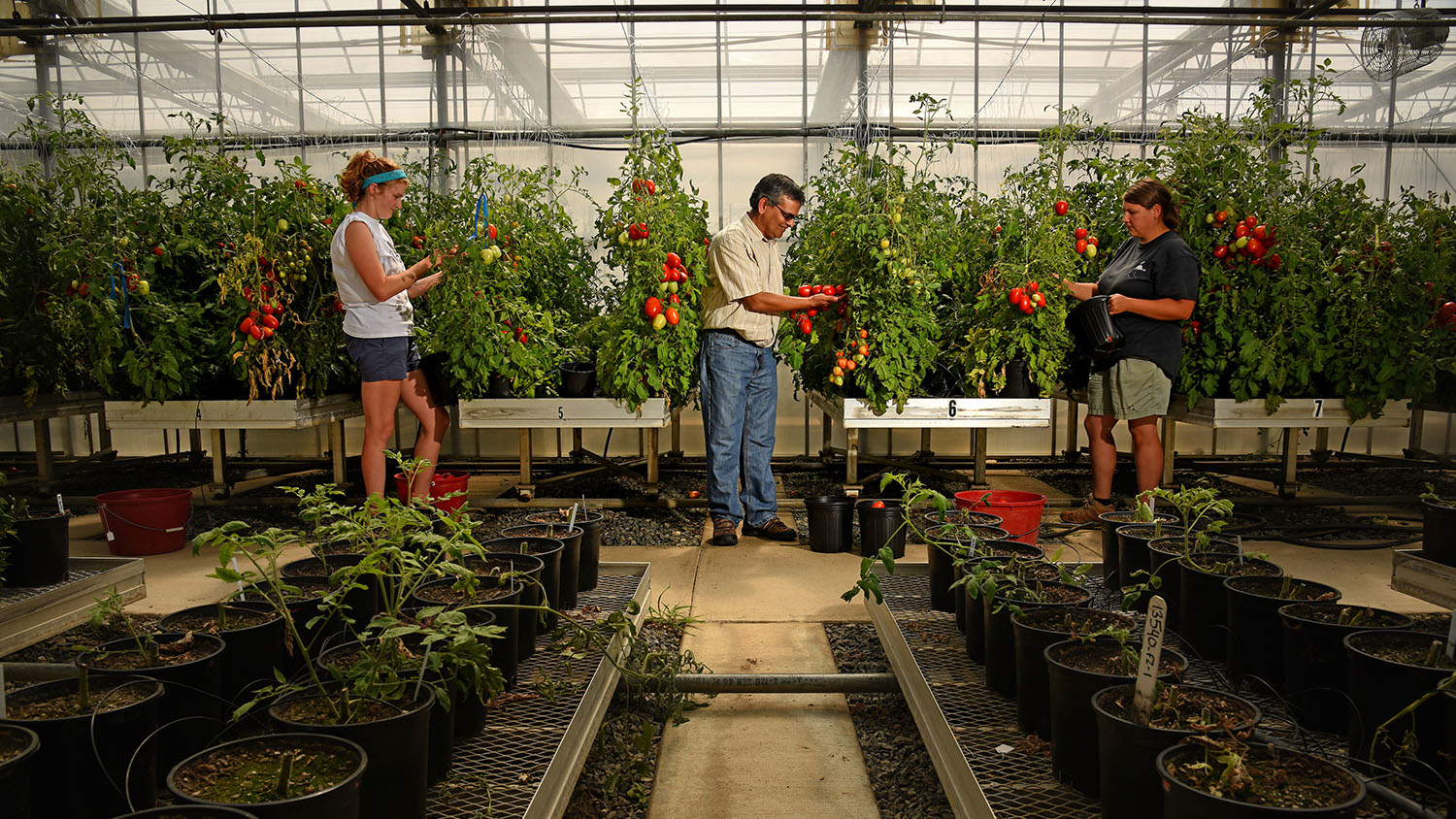
Tomato is a more than $32 million industry in NC. It is estimated that about 60% of tomato varieties grown in NC are from the NC State University tomato breeding program. The Tomato breeding program of NCSU aims to improve disease resistance, fruit quality, and heat stress tolerance. We are working in large-fruited, plum, and grape. Varieties developed from NC are grown not only in the US but also throughout the world.
Tobacco
Approximately 70% of flue-cured tobacco acreage in the southeastern United States is planted to cultivars derived from the NC State tobacco breeding and genetics program. The generation of new knowledge, germplasm, and technology also affects the tobacco industry worldwide. Several patented technologies have been developed for the desired modification of cured leaf chemistry.
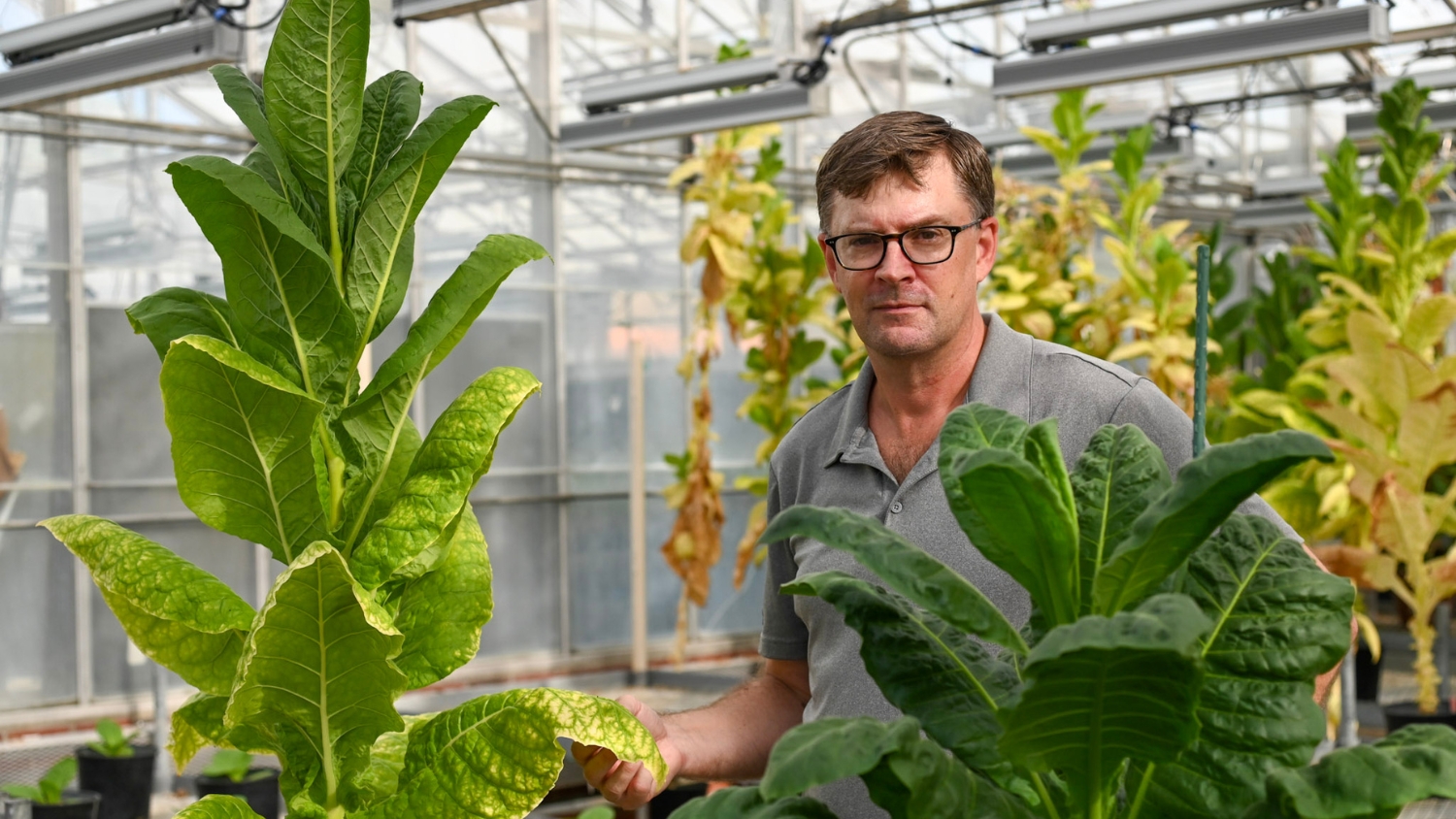
Turfgrass
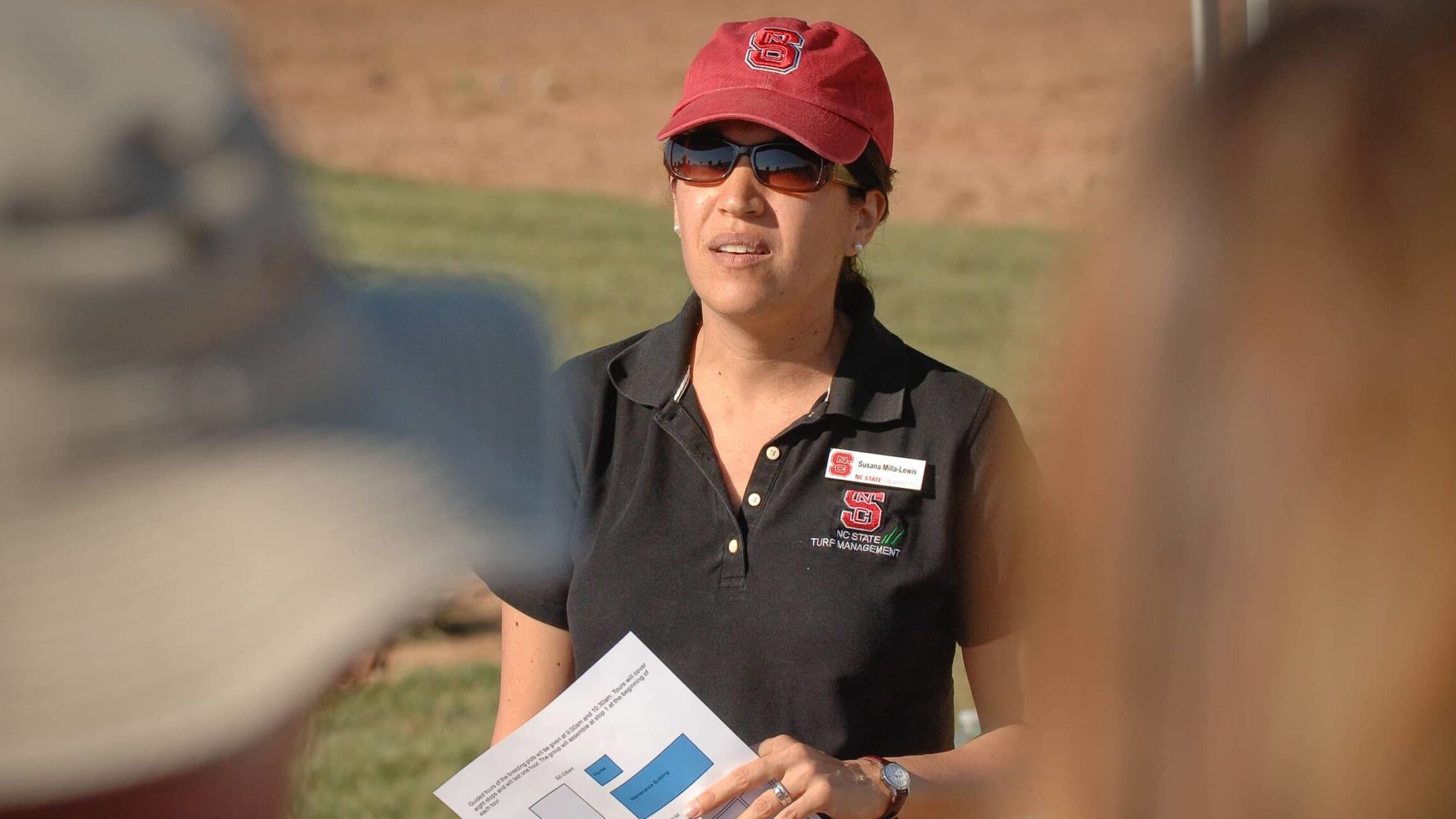
The turfgrass breeding and genetics program at NC State is one of the very few turfgrass cultivar development programs located in the transitional climatic zone of the US. As such, the program is uniquely positioned to work with both cool- and warm-season species and having to deal with a wide array of biotic and abiotic stresses. Additionally, the program is focusing on generating genomic information to elucidate genetic control of the response to some of these stresses in order to improve breeding efficiency.
Wheat and Small Grains
We focus on the improvement of the agronomic and end-use quality of the nutritious and healthy small grain staples of wheat, oat, triticale and rye. We are plant breeders and cultivar developers first and utilize the tools of molecular and Mendelian genetics and statistics to assist in cultivar advancement. We are members of the seven-university Sun Grains breeding cooperative, the largest coordinated public breeding effort in the US. This has advantages in the application of emerging technologies to plant improvement and graduate education.
